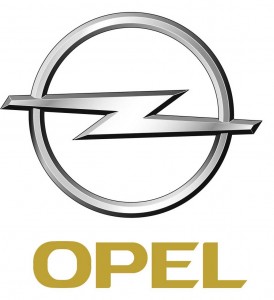The sale of a majority stake in Opel, the German-based subsidiary of General Motors, is scheduled to be completed this week, but a variety of obstacles threaten to derail the deal, notably concerns raised by Spain, Britain and Belgium over planned job cuts that seem to favor workers in Germany.
The government of Chancellor Angela Merkel brokered the deal that would transfer 55% of Opel and GM’s British subsidiary, Vauxhall to Magna International, the Canadian-based mega-supplier, and a Russian government controlled bank. GM had preferred another bidder which offered it the possibility of eventually buying back Opel, but the Berlin government – along with the powerful German union IG Metall – openly preferred Magna and its Russian ally, Sberbank, because they appeared more willing to protect jobs.
But that has become the source of the ongoing trouble. The number of likely jobs that will be cut as part of the Opel restructuring has now risen to 10,500. But there is concern that a disproportionate share of the job losses – 6,500 in all – will occur outside Germany, even though some of the plants that will be impacted are among Opel’s most efficient.
That’s critical, since the deal will require a collective $6.6 billion in loans from various European governments to keep Opel afloat. And so far, according to statements made by various officials, there’s resistance to coming up with the cash.
On the positive side, a report in the influential German magazine, Der Spiegel, being published today, says a key government committee has endorsed both the sale and the German loan.
But after meeting with Magna officials, late last week, Spain’s industry minister repeated his open skepticism, saying he had not been convinced by the proposed plan to save Opel. Spanish officials are particularly incensed that Magna wants to cut a significant among of production at a plant in Figueruelas, one of Opel’s most efficient, in favor of a less productive factory in Eisenach, Germany.
British officials also failed to come up with an agreement, though they expressed some optimism that progress is being made.
Belgium, meanwhile, is raising questions about whether the proposed deal violates various European Union regulations.
And despite the German committee report, there are still those who also question the Opel bailout. The Financial Times, over the weekend, quoted Rainer Buderle, a senior official in the Free Democratic Party – which will be part of the ruling Merkel coalition – expressing his own concerns that, “nothing has been properly worked out.”
General Motors officials, despite their own concerns about partnering with Magna and Sberbank, remain optimistic that an Opel bailout will be completed.

